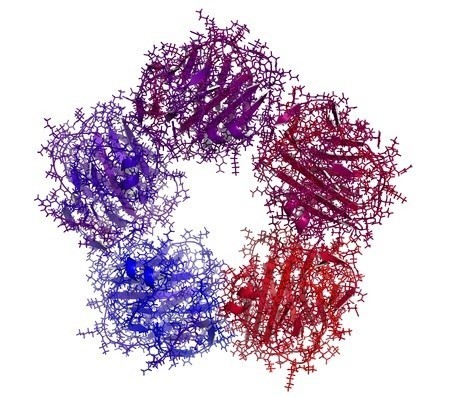For postmenopausal women who are overweight, it makes sense that losing weight could reduce their risk of breast cancer because being overweight or obese increases the risk. But when overweight women are working to shed pounds, is it primarily exercise or cutting calories that makes more of a difference in lowering the risk?
Both, suggests a new study, with weight loss fueled primarily by exercise possibly leading to even more benefits – at least in the short-term for certain markers of breast cancer.
The study is one of the few randomized controlled trials that focuses on teasing apart the effect of diet versus exercise on breast cancer risk. It was published this week in Cancer Epidemiology, Biomarkers & Prevention.
Previous research has shown that too much fat tissue can place the body in a constant state of inflammation. That leads to high levels of hormones and other proteins that can spur cancer cell growth. How exercise alone can affect inflammation and hormones is one of the big questions under study.
For this study, researchers first placed a group of about 250 inactive and overweight women on a standardized diet for 4 to 6 weeks so everyone was eating a similar percent of their calories from carbs, protein and fats. All the women were healthy, but overweight and inactive at the start of the study.
They randomly split the postmenopausal women into either a diet or exercise weight-loss group. The 97 women placed in the diet group were asked to cut 3,500 calories a week from their normal intake. About the same amount of women, the exercisers, followed an intense exercise program that burned about 2,500 calories a week. These women were also asked to cut another 1,700 calories a week to make sure they would lose about the same amount of weight.
The remaining women in the study stuck to the standardized diet and activity habits. (When the study was over they were given a weight-loss program.)
After 16 weeks, women in both groups lost about 11 pounds (the exercisers about a pound more). Comparing a blood sample from the beginning and end of the study, researchers looked at several obesity-related markers.
Compared to the control group, the women who were primarily exercising had the lowest signs of inflammation, having the lowest level of a common inflammation marker called C-reactive protein (CRP). CRP was somewhat decreased among the dieters, although less so.

C-reactive protein, increased levels indicate inflammation
The hormone leptin was the only other difference they found among the groups. Both the dieters and exercisers had lower leptin levels compared to the control group. Leptin, made by fat cells, helps to regulate hunger.
The decrease in CRP among exercisers may be due to the larger amount of total fat loss, the authors conclude. The women who primarily exercised for several months lost more body fat than the dieters, although the dieting group also decreased their total body fat compared to the control.
For now, there is no downside to getting to a healthy weight by both exercising and eating a healthy diet. The women who mainly exercised also cut their calories — about 250 fewer a day — aided by a dietitian.
The latest AICR/WCRF report on lowering breast cancer risk shows that activity lowers the risk, body fat increases it.
The study was funded by the Dutch Cancer Society and the Dutch Pink Ribbon Foundation.






If this is true, then women should definitely be encouraged to start a healthier and fitter lifestyle if we don’t want to suffer from cancer. Thank you so much for this! I am now aware of the importance of losing weight.